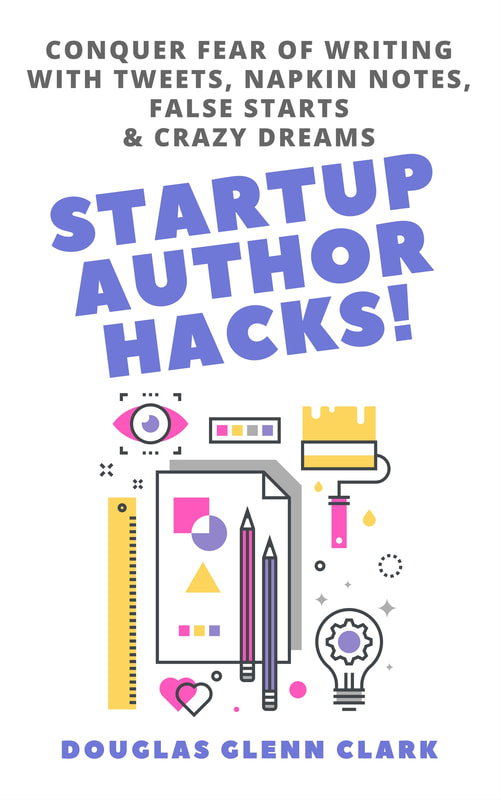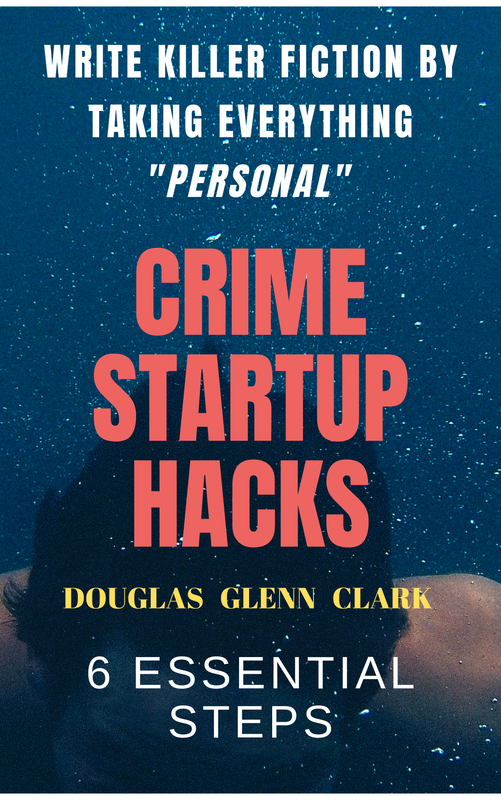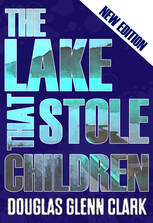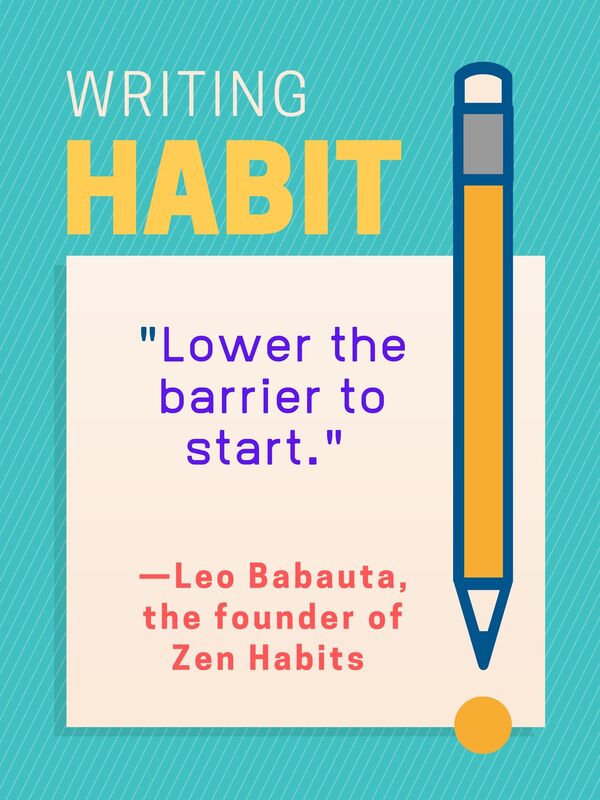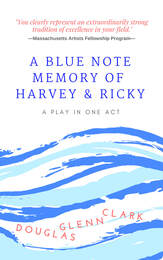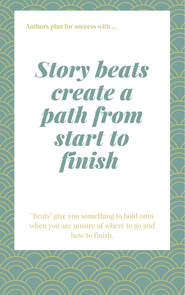 Many authors, amateur and experienced, can feel overwhelmed by the impulse to write a book or a series of professional or corporate articles. Often they begin to write too soon. Television writers, who are under enormous pressure to produce imaginative comedy and dramatic stories, know they must not write until they created story beats. The beats are the plot points, the road map, for a screenplay, novel or nonfiction book, such as a memoir or business title. TV writers understand that it is hard work to make a story. So, they sit with it. They "beat out the story" until they know the basic shape of the plot. Only then do they truly feel confident writing the script. 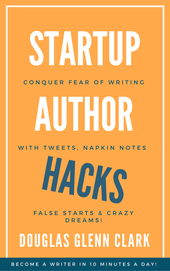 Not every authors works this way. Plenty of successful scribes follow their instincts, either because pounding out a plot doesn't work for them, or they have a natural sense of story structure and they go with it, so to speak. Having something on the page that offers guidance is a fine way to go for new authors. You need something that gives you confidence, even if the outline, grid or beats you've created begins to shift or morph as you begin to write. Another way of working with the pre-planning process is revealed in (coming soon!) Startup Author Hacks. In short, I suggest methods for gathering all the napkin notes, tweets and other "stuff" you've jotted and then forgot. This too gives the writer something to hang onto, even during those tough sessions when he or she is not sure which direction to go. Know where your story is going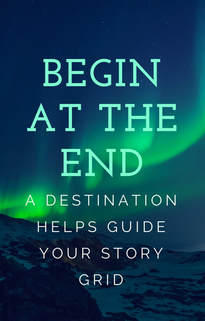 Whatever organizational method you prefer, do you best to get to the end soon. By that I mean, know where you are going. If you are writing a screenplay or novel, develop the ending first and then work your way backwards to develop plot twists. This is reverse engineering. A nonfiction business book does not have a plot, but its organization must keep the reader engaged and then deliver a fulfilling end. In some cases, new authors can't get their motor running because they haven't planned their journey. Knowing your ending is a fine place to begin.
0 Comments
Leave a Reply. |
Startup Archives
April 2020
Categories |
